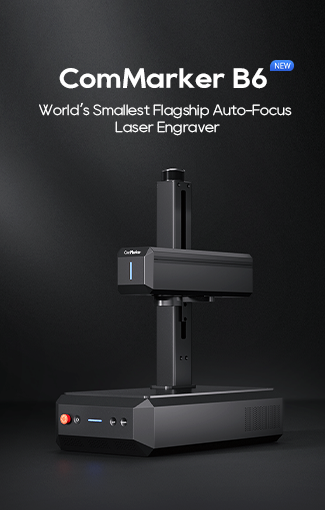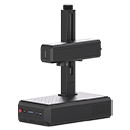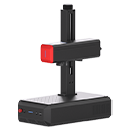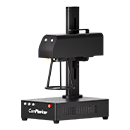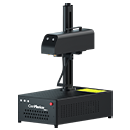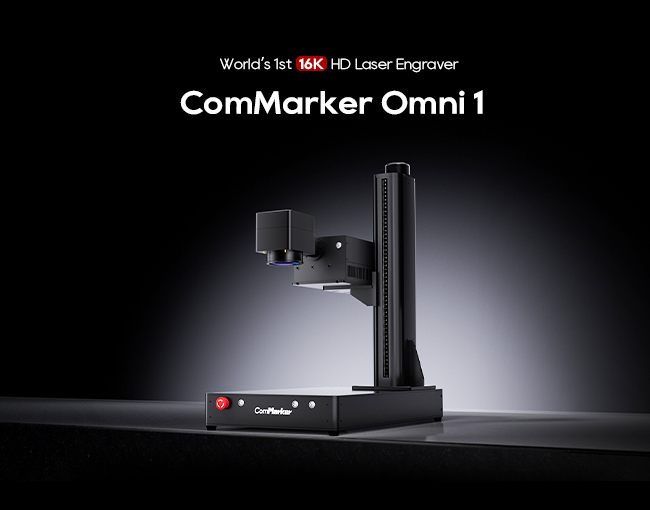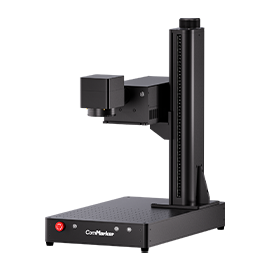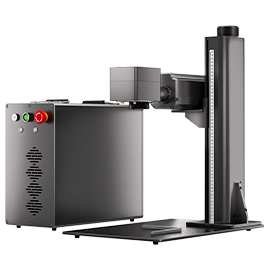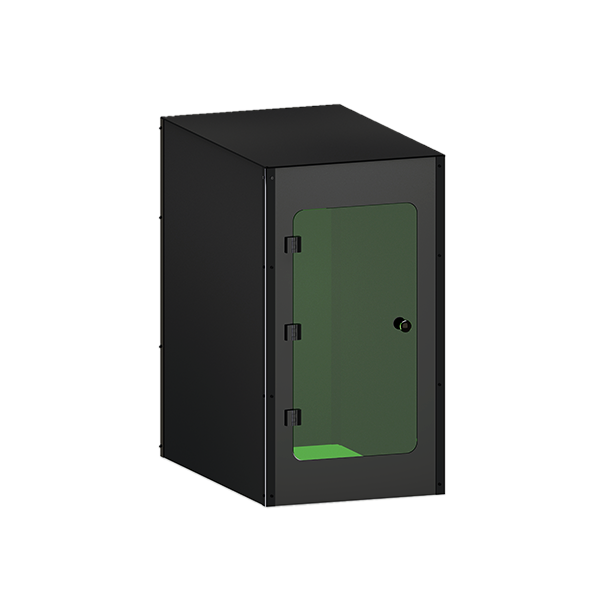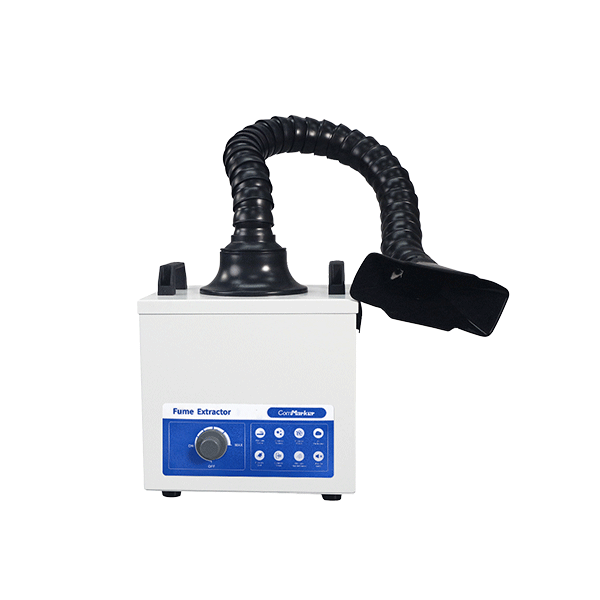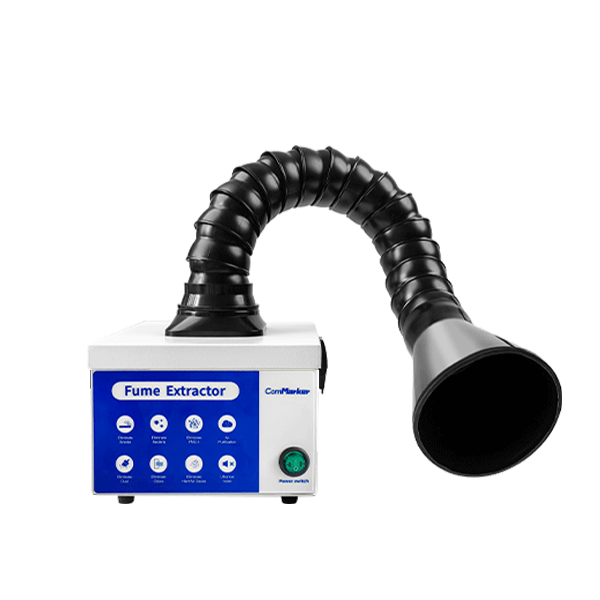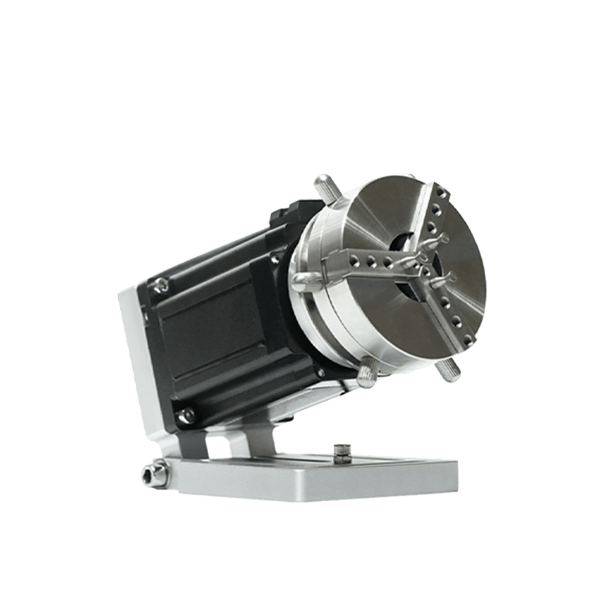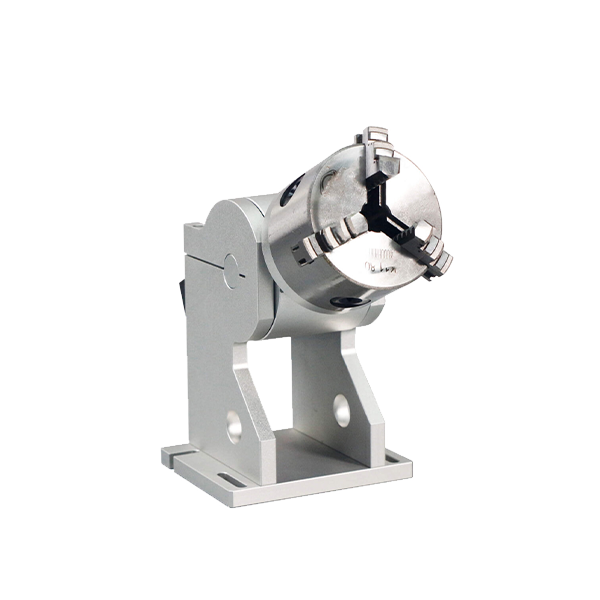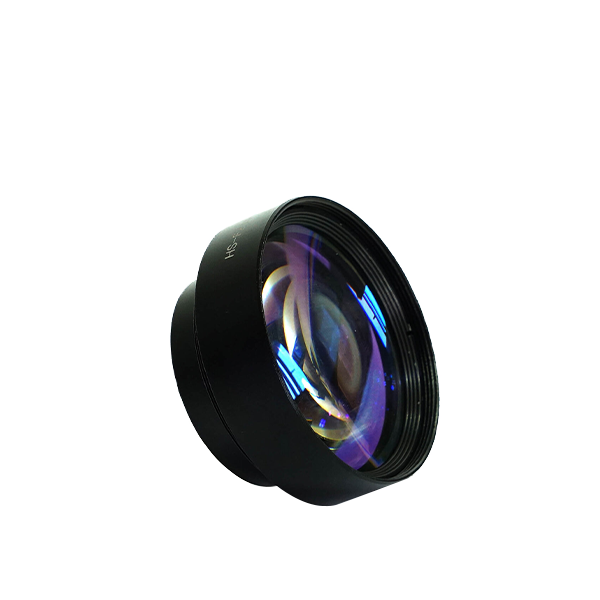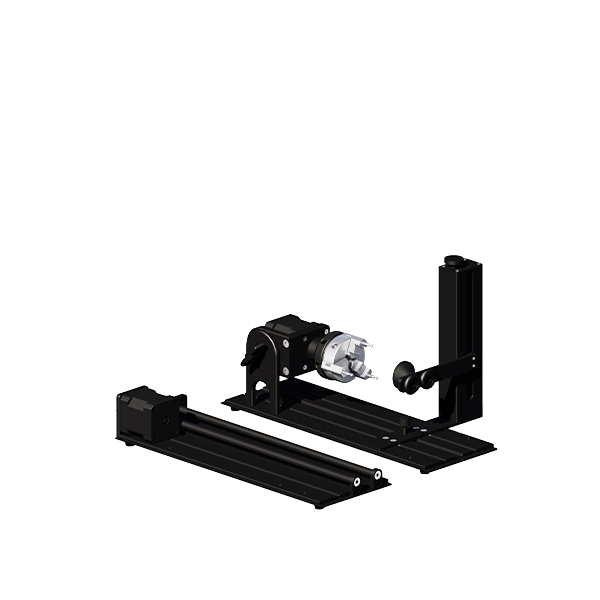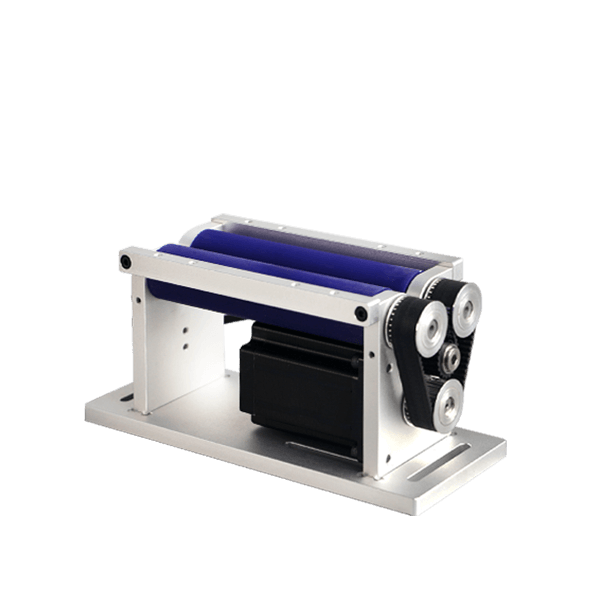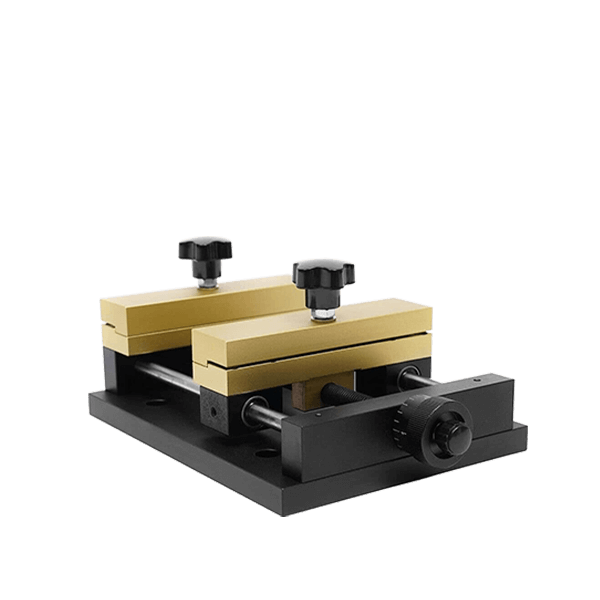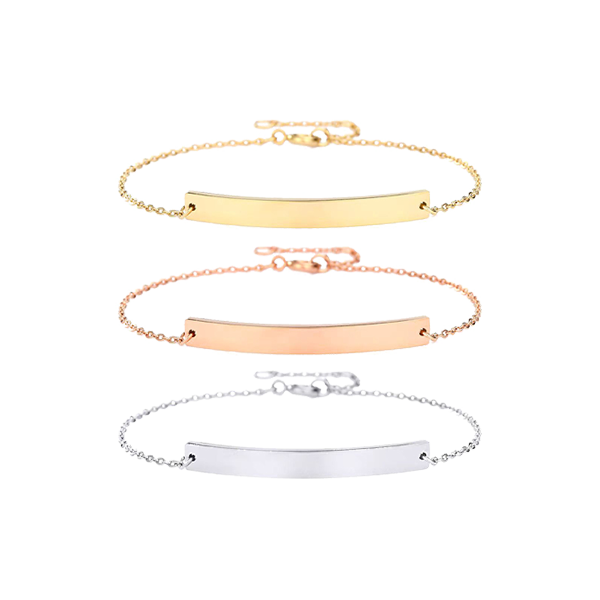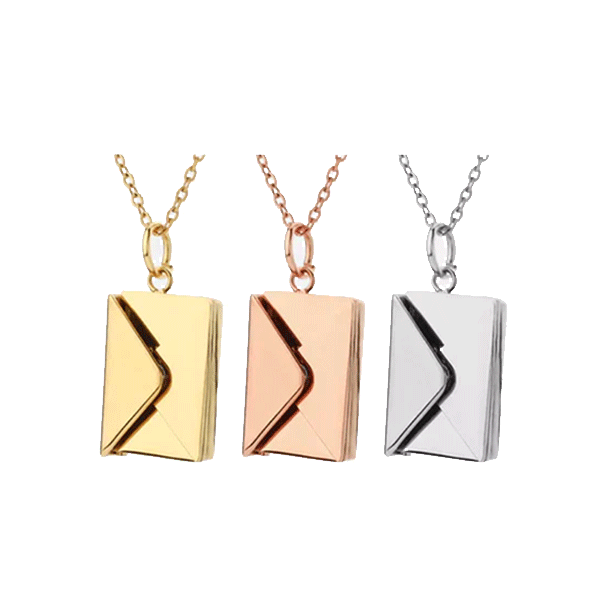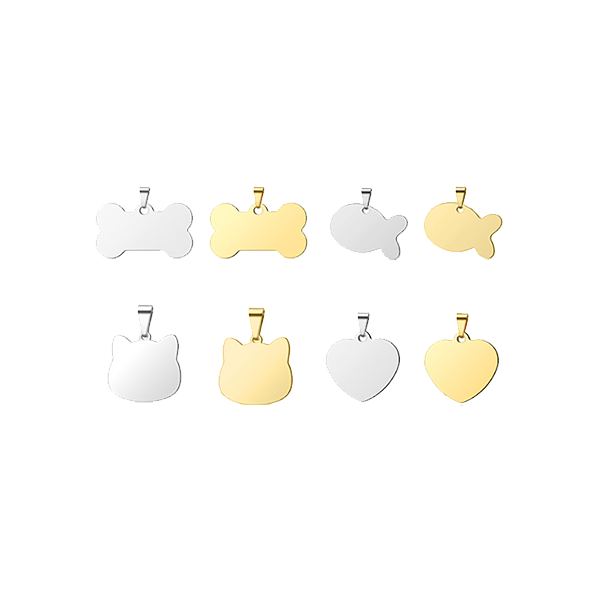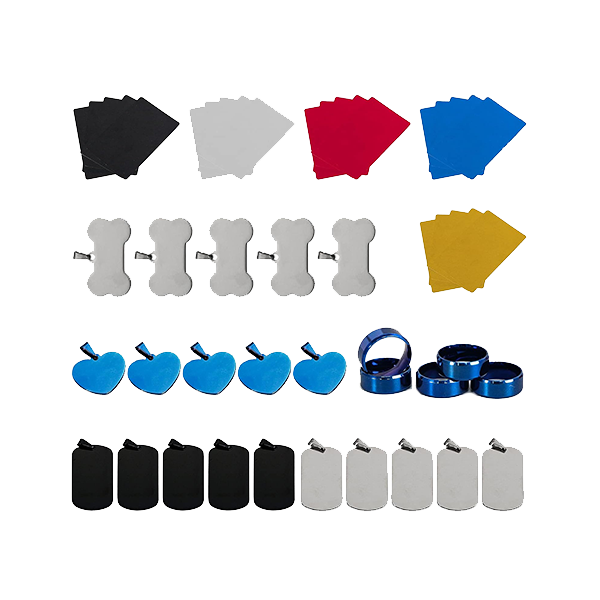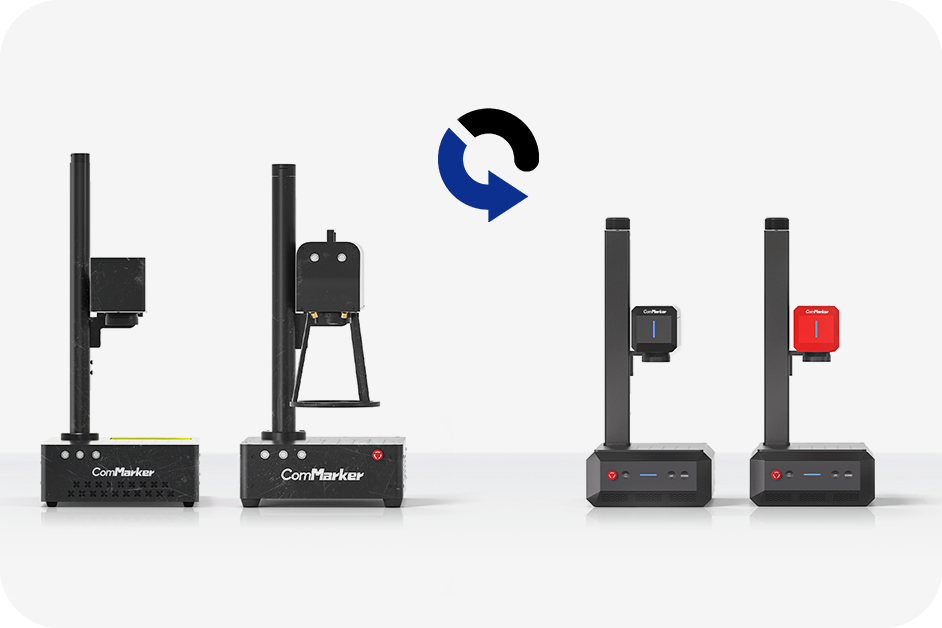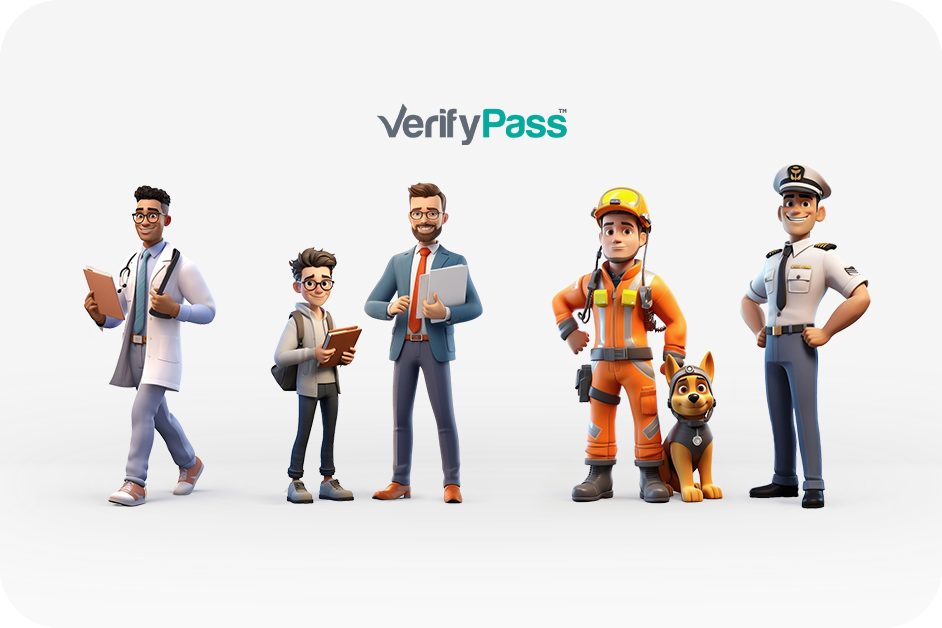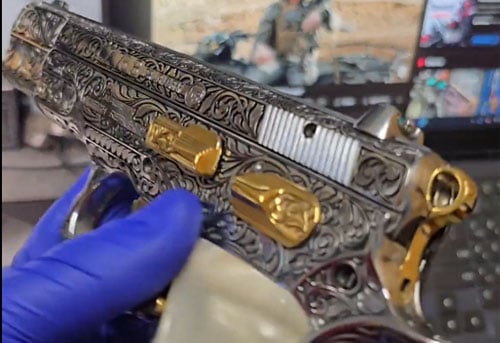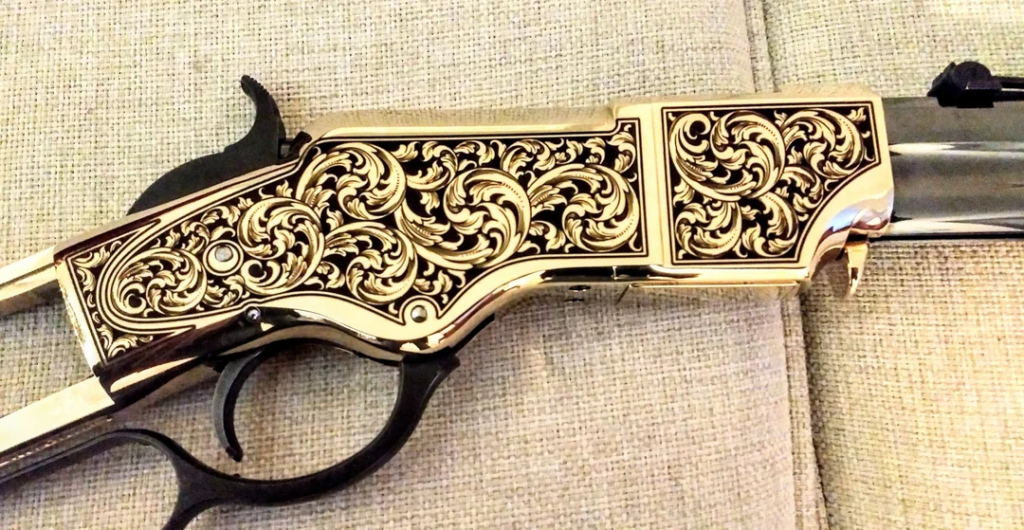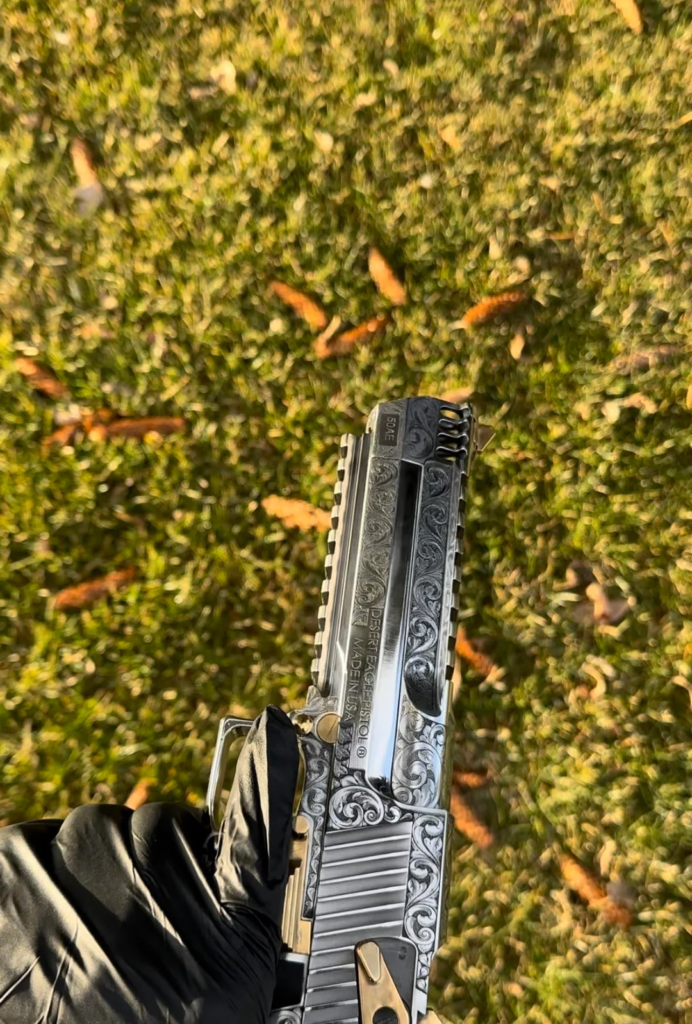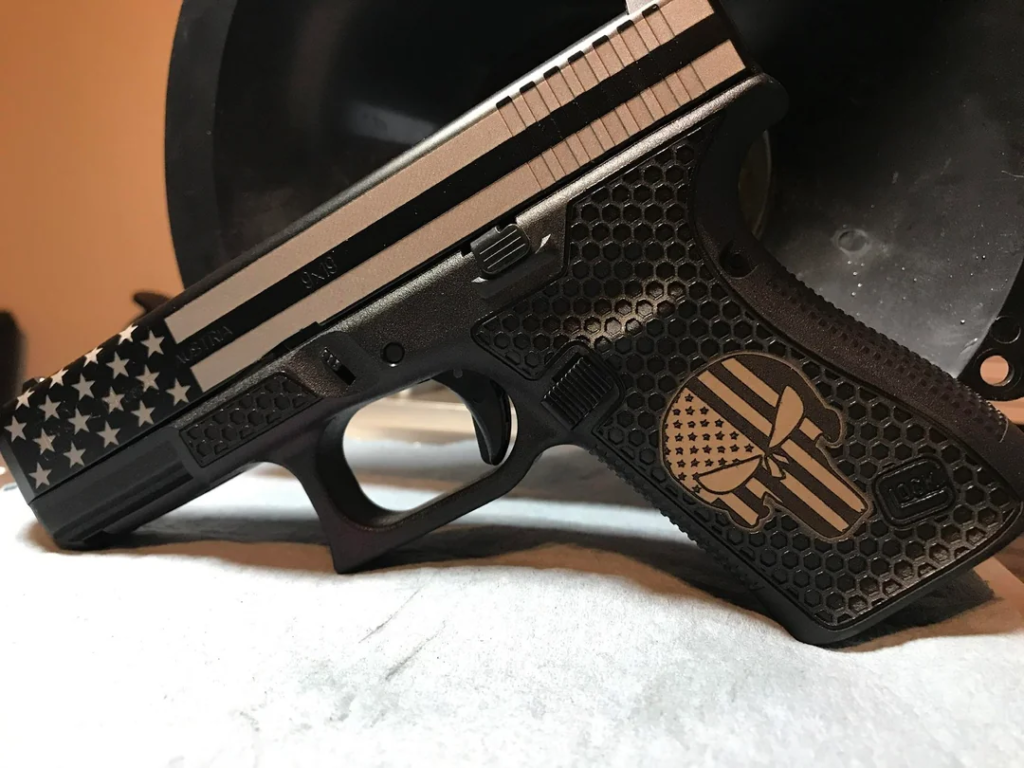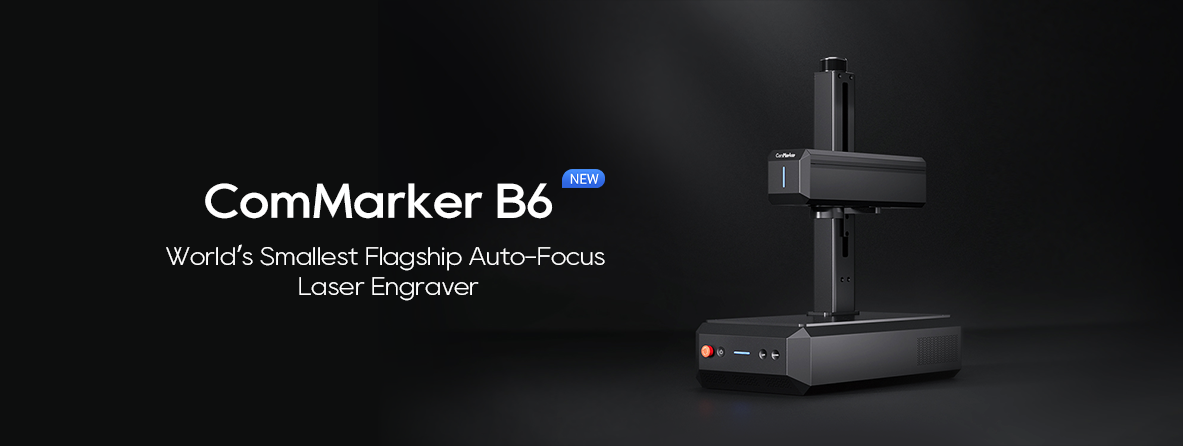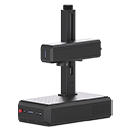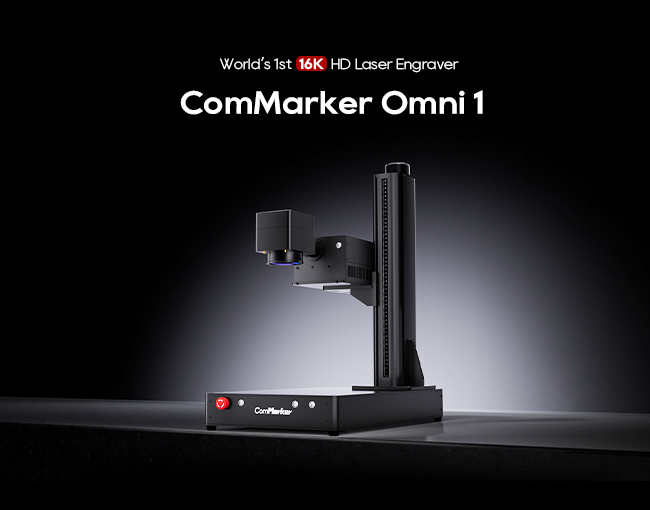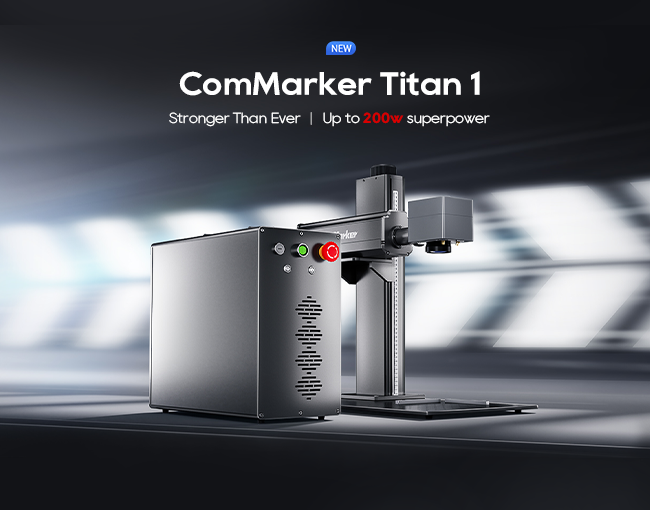Laser engraving technology has significantly advanced in recent years, becoming an essential tool in various industries, from personalizing consumer goods to marking critical industrial equipment. Among its many applications, laser engraving is used extensively in the firearms industry for serial numbers, logotipos, and decorative markings. No entanto, for those looking to use gravação a laser on firearms, an important question arises: Do you need a license to use a laser engraver for firearms in the United States?
This article aims to provide a comprehensive answer to this question by exploring the legal considerations, licensing requirements, and regulations that govern laser engraving on firearms in the United States. We will also discuss the implications of these regulations for businesses, amadores, and professionals involved in the firearms industry, and the responsibilities they must fulfill when using a laser engraver.
1. What Is Laser Engraving and How Does It Apply to Firearms?
Gravação a laser involves using a laser beam to mark or engrave material surfaces with high precision. This technology works by focusing a concentrated beam of light on the material, creating marks, padrões, or designs by either vaporizing or melting the surface layer.
Laser engraving is highly beneficial for the firearms industry for several reasons:
- Precision and Clarity: Gravadores a laser can produce clear, durable markings on metal surfaces, making it ideal for engraving serial numbers, manufacturer logos, and other necessary markings.
- Non-Destructive: Unlike traditional engraving methods that physically carve into the material, laser engraving is non-invasive and does not damage the material underneath.
- Costumização: Laser engraving allows for intricate and highly customizable designs on firearms, offering personalization options for individuals and businesses alike.
In the firearms industry, laser engravers are often used for the following:
- Gravação números de série on firearms, which is a requirement by law in many jurisdictions.
- Adding manufacturer logos, brand names, ou model information for identification purposes.
- Customizing firearms with decorative markings, such as images, citações, or personalizations.
Laser engraving on firearms is particularly popular in custom gun shops, firearm manufacturers, e hobbyist circles. No entanto, as with any activity involving firearms, certain regulations govern the practice, particularly around ownership, transfer, and identification of firearms.
2. The Legal Landscape for Firearm Engraving in the United States
Before diving into whether you need a license to engrave firearms using a laser engraver, it’s essential to understand the legal framework that governs firearms ownership and marking in the United States.
The National Firearms Act (NFA) and Gun Control Act (GCA)
O Gun Control Act (GCA) de 1968, along with the National Firearms Act (NFA), sets the foundation for firearm regulation in the United States. These laws govern firearm sales, ownership, and transfer, and they mandate specific labeling and identification standards for firearms. Key provisions include:
- Serial Number Requirement: Firearms must have a unique serial number engraved, stamped, or cast onto the frame or receiver to identify them in case of theft, loss, or illegal activity. This serial number must be visible and permanently marked.
- Manufacturer Marking: Firearms must be engraved or stamped with the name of the manufacturer, the location of manufacture, and the caliber or gauge.
O Bureau of Alcohol, Tobacco, Firearms, and Explosives (ATF) is the federal agency responsible for enforcing these laws and ensuring that firearms meet all legal requirements, including those relating to identification and marking.
Federal Firearm Licensing
The ATF requires individuals and businesses that engage in the manufacturing, importing, and dealing of firearms to be licensed under the Federal Firearms License (FFL) program. This includes any business involved in engraving firearms as part of the manufacturing or selling process. While an FFL is not required for individuals who wish to engrave their personal firearms for private use, businesses that engrave firearms for sale or transfer must possess an FFL.
Types of FFLs:
- Tipo 01 FFL: Allows individuals to deal in firearms and ammunition and perform engraving for personal or commercial use.
- Tipo 07 FFL: Authorizes the manufacture of firearms, including engraving as part of the production process.
3. Do You Need a License to Use a Laser Engraver for Firearms?
The short answer is it depends. While you don’t need a specific license just to use a laser engraver on firearms, there are several important considerations based on the use case:
Engraving Personal Firearms (Non-Commercial Use)
If you are an individual engraver working on your personal firearms, you generally do not need a license to use a laser engraver. No entanto, you still need to follow all applicable regulations regarding serial numbers and other firearm markings.
- Serial Number Requirements: If you are engraving a firearm that does not yet have a serial number or needs a replacement serial number, you must ensure that the serial number is engraved in accordance with ATF regulations. Adicionalmente, firearms that are required to have a serial number must also comply with state-level regulations, and in some cases, a licensed engraver may be necessary for legal purposes.
- Customizations and Designs: While you can engrave personal designs or markings on your firearm, make sure not to obscure or alter any required markings (such as the serial number) that are necessary for identification.
Commercial Engraving (Businesses and Professionals)
If you are a business or professional engraver working on firearms for sale or transfer, você must be licensed. Aqui está o porquê:
- Federal Firearms License (FFL): Any business that manufactures or sells firearms, including engraving, must have an FFL. This license ensures compliance with federal regulations on firearm manufacturing, sales, and transfer. If you engrave firearms for customers, you are likely engaging in a manufacturing or dealing activity, which necessitates an FFL.
- Compliance with ATF Regulations: If you engrave firearms as part of your business, you must follow strict ATF regulations regarding serial numbers and other required firearm markings. These regulations include ensuring that the engraving process does not obscure or alter any official firearm markings.
- Record-Keeping and Traceability: Commercial engravers are also responsible for maintaining accurate records of the firearms they work on. This ensures that firearms can be traced in case of theft, illegal use, or for law enforcement investigations.
Laser Engraving on Firearm Receivers and Frames
Using a laser engraver for permanent markings on firearm receivers and frames is a popular and efficient method. No entanto, businesses or individuals engaging in this activity need to ensure that all engraving is done correctly according to the ATF’s guidelines.
- O serial number must be clearly visible and engraved in a durable manner.
- O manufacturer’s details and other identifying information must also be engraved in compliance with federal law.
- If you are removing or altering the serial number for any reason (por exemplo, replacing it or adding a custom serial number), the engraving must comply with all legal requirements, including proper recording and reporting to the ATF.

4. Local and State Regulations on Laser Engraving Firearms
While federal law governs the majority of firearm-related regulations, state and local laws may impose additional restrictions or requirements. Por exemplo, some states require specific licensing or even restrict the use of certain firearms engravers. It’s essential to research and understand the local regulations in your area before using a laser engraver for firearms.
Por exemplo, in California, there are strict gun registration laws that require certain firearms to be registered with the state. If you engrave or alter a firearm, make sure you are in compliance with these local registration requirements.
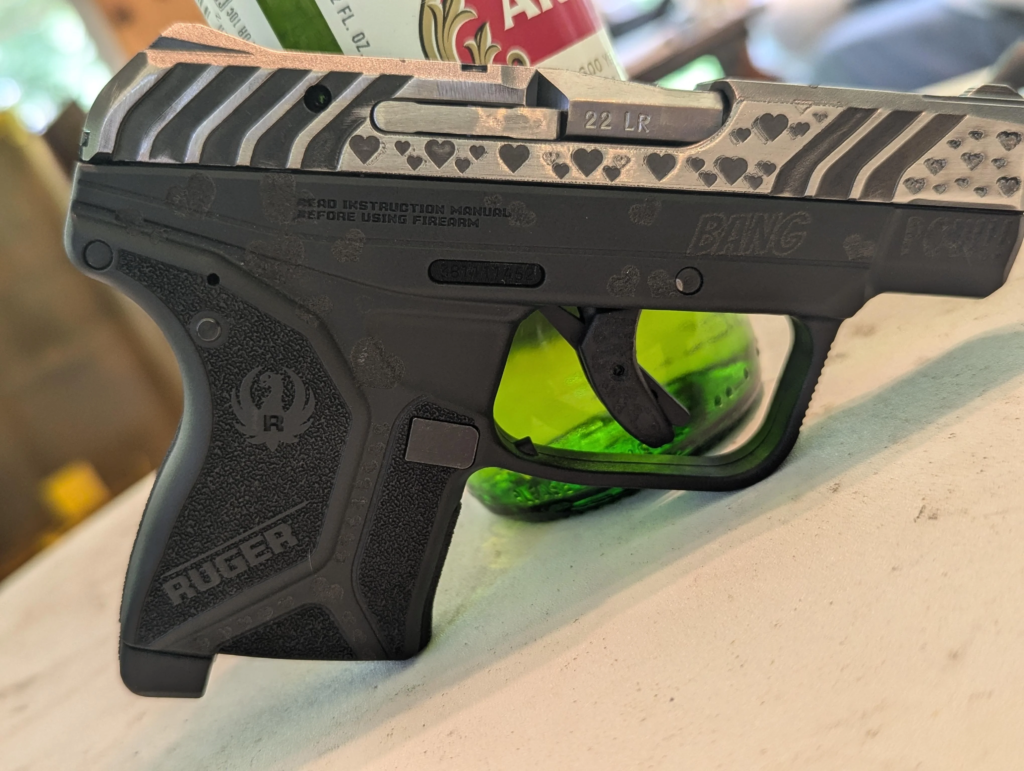
5. Best Practices for Laser Engraving Firearms
When using a laser engraver for firearms, it’s important to follow best practices to ensure compliance with all laws and regulations. Here are some tips:
- Consult the ATF: Before starting your engraving business or personal projects, always consult the Bureau of Alcohol, Tobacco, Firearms, and Explosives (ATF) to ensure you understand the applicable regulations.
- Use Professional Equipment: If you’re using a laser engraver for commercial purposes, make sure the equipment is professional-grade and capable of producing high-quality, gravuras precisas.
- Accurate Record-Keeping: Maintain accurate records of all firearms you work on, especially for businesses involved in firearm engraving.
- Avoid Overlapping or Altering Serial Numbers: Always ensure that any engraved markings do not obscure, alter, or remove any required serial numbers or identification information.
- Get FFL Licensing: If you’re working commercially, obtain the appropriate Federal Firearms License (FFL) and ensure your business complies with all federal, state, and local firearm laws.
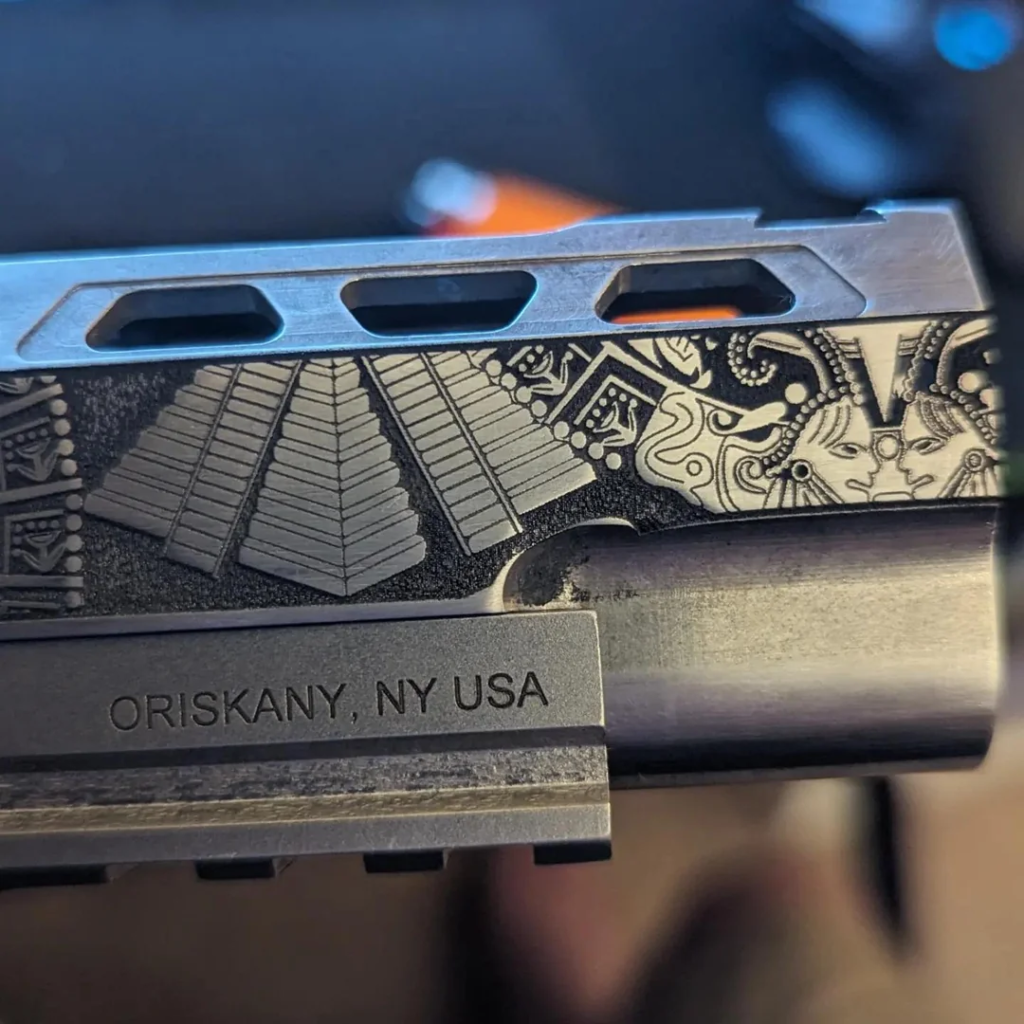
Laser engraving on firearms is an efficient and precise method of marking, personalizando, and branding firearms. No entanto, it is essential to understand the regulations surrounding the use of laser engravers for firearms, particularly regarding serial number requirements e compliance with ATF regulations. While individual engravers working on their personal firearms generally do not need a license, businesses involved in engraving firearms for sale, transfer, or repair must be licensed with the ATF and follow all applicable federal and state laws.
Whether you are a hobbyist engraving your own firearms or a business offering custom engravings, understanding the legal requirements is key to ensuring your engraving projects are both legal and high-quality. Always research your local and federal regulations, maintain proper records, and use professional-grade equipment to ensure the best results.




